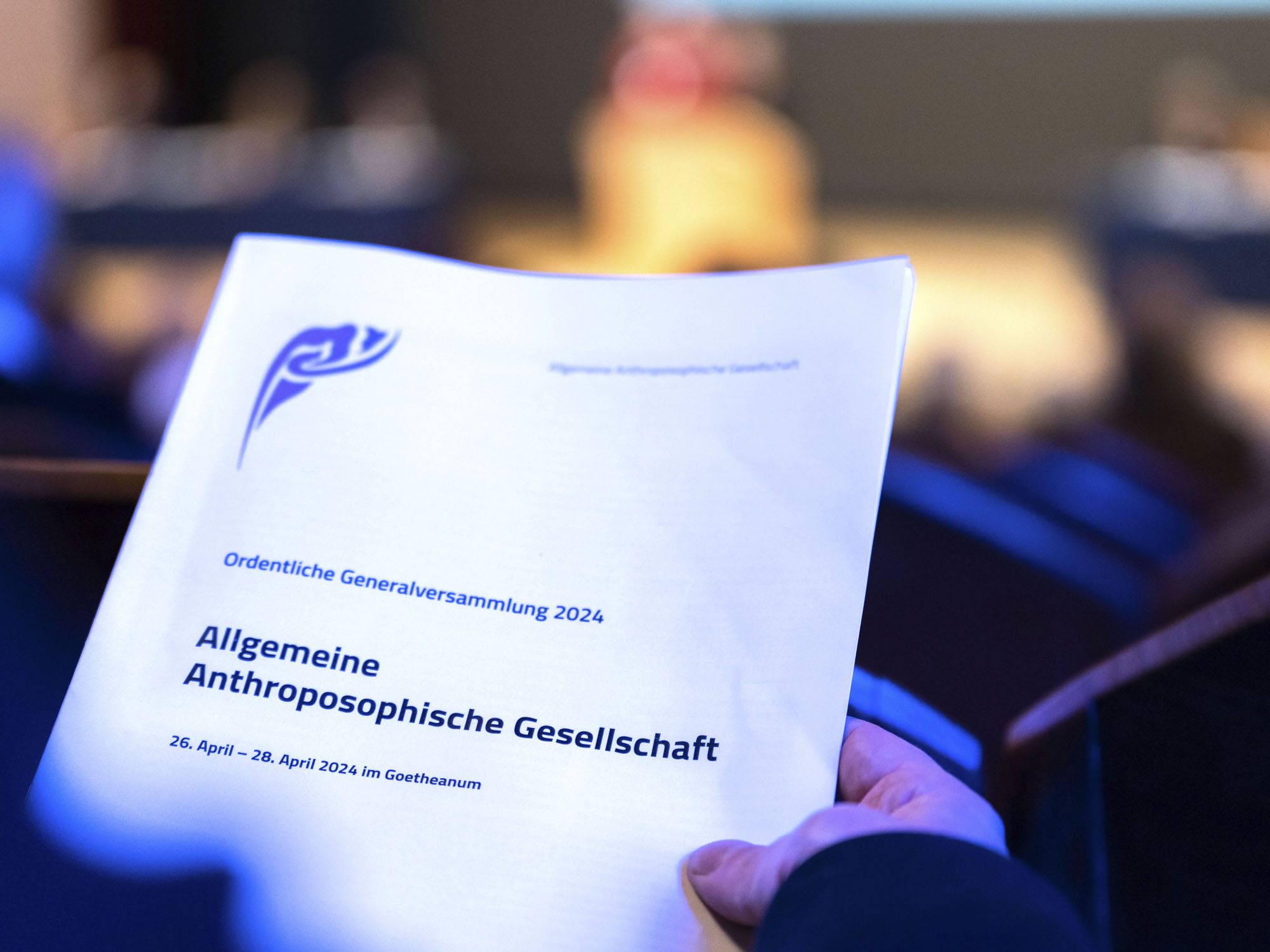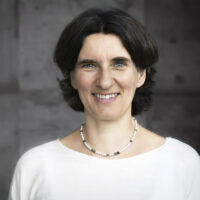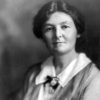A travel report from the General Assembly of the Anthroposophical Society.
After the raised hopes of last year’s General Assembly, the run-up to this year’s meeting was fraught with disappointment. Instead of the hoped-for small number of motions, the opposite happened. The tangle of motions, counter-motions, and declaratory motions was a huge challenge for those preparing the assembly. Nevertheless, there was a willingness to engage in dialogue among those submitting motions, which meant that more than half of the motions were converted into concerns or initiatives—sometimes at the last minute, i.e., at the lectern. A general assembly has its own momentum: when things get too complicated, one can volley up a motion of order and then not deal with individual motions. But in doing so, important topics may be swept under the table. So, unfortunately, the dreaded general meeting mood returned—but only for the second day.
Highlights
With his motion (No. 6),1 Uwe Werner aimed for a paradigm shift: Away from votes forcing either-or decisions towards (advisory) consultative votes. Initially, this seems to be just a formality. In my report (Motion No. 11) on the work in our “Transparent Communication” [Transparente Kommunikation] working group, I asked whether we could replace the power/defence model with an initiative/resonance one, and I described how insinuations of power/defence are at the ready in moments of unclarity or dimmed consciousness, while the relationship of initiative/resonance can lead to collaboration in which unexpected perspectives emerge. Such a paradigm shift cannot, however, be brought about by a decision. Regardless, Uwe’s motion also fell victim to motions of order.
Jonathan Neisecke justified his motion (No. 14) for an advisory board of the General Anthroposophical Society (AAG) for Weleda so objectively, and Herbert Holliger described the short biographies of the proposed advisory board members so vividly that this proposal was accepted.
A motion for a declaratory judgement (No. 0) to ensure that work on a new constitution could continue was countered with the argument that a constitution commission or convention (proposal to call it “constitutional council” or “working group”) could be formed from above instead of involving those already involved in the work. The wording of the motion was changed several times. The chair of the meeting, Ueli Hurter, then ordered that a final version be submitted and a decision be made only after the break. He thereby took the pressure off the negotiations so that they could be subsequently decided in peace.
Among the reviews and words of thanks, I would like to highlight a picture by Matthias Rang2: he indicated that when we look into the bathroom mirror, we see ourselves and the space we’re in (moon karma). He contrasted this with a window that allows us to look out into the world, i.e. into a space in which we are not. The image then expanded to include a door through which we can enter into this world (sun karma).
Twilights
In the motion (No. 5) from Hungary, the members were asked to make the decision that from today onward, they would link the General Anthroposophical Society with the Michael Impulse. If only this were as easy as making a resolution! In this case, the group responsible for coordinating the motions was too kind. The Hungarians were not present, and in their absence, the coordinating group did not want to simply turn their motion into a request from the outset on account of its nonsensical nature. So, it was settled by a motion of order.
The initiative (No. 18) was formulated more cautiously: “Request for a commitment in the following sense: ‘Would you like to participate in an initiative, chosen or to be chosen by you, concerning the factual approach to suprasensible perception and spiritual research?’” I very much welcome the concern to make current spiritual research socially acceptable (and also support it through my own initiatives3), however I find it inappropriate that this attempt instrumentalised the General Meeting by way of a “concern” in order to point to this wish.
More intensive dialogue is clearly needed for the motions by Manfred Plewka (No. 12) (to return to sending out the newsletter Anthroposophy Worldwide every two weeks) and Thomas Heck (No. 13) (a monthly, uncensored supplement in the newsletter). However, a consultative survey showed that the wish to read even more articles is limited.
Blacklight
According to Motion No. 8, the Goetheanum Leadership should be integrated into the corporate bodies. However, the Goetheanum Leadership sees itself as a cooperation between the School of Spiritual Science leadership as an organ of spiritual life, the Goetheanum administration as an organ of economic life, and the Executive Board as an organ of legal life. For this reason, there was a counter-motion from the Goetheanum Leadership and a motion to dismiss from Uwe Werner. Mark Desaules then put forward a motion that the whole matter be rejected.
That’s when I realised: this is going too far! Instead of jumping to my feet and saying: “We are currently caught between power/defence and initiative/resonance. Please reject this motion! We already have a motion from Uwe Werner to avoid a vote, but we should not avoid the question, ‘What is the relationship between the School of Spiritual Science and the Society?’ Let’s work on creating a resonant space that is worthy of this question,” I remained seated. The disappointed echo after the assembly was a shrill response to the motion of order.
Spot(ty)lights
Sometimes, there is also paradoxical communication, for example, when someone speaks with a raised index finger about the General Anthroposophical Society being an association without a club-like character, only to culminate in a sharp voice saying that there is no dogma in the GAS. He was “clapped off.”
After the process facilitator Harald Jäckel asked Eckehart Dönges (Motion No. 7) to express himself differently on account of his naming different ethnicities (“black,” “white,” “red,” “yellow”), Andreas Worel astonished the audience with an interjection in which he pointed out the “gender imbalance” of the text to be adopted. There was a spelling mistake in the text (“jedermann”)[“everyone”; literally, “everyman,” so not inclusive of female gender]. Instead of a relieved smile, he drew the ire of those assembled. The mood was already too tense for such a smile.
Taillights
Even though three days were available for the meeting, time pressure led to excessive action (motions of order) that prevented further clarification. Nevertheless, I found the beginning (Day 1) and end (Day 3) worthwhile. Day 2 still had a lot of room for improvement . . . .
Translation Joshua Kelberman
Footnotes
- For the full text of motions, see: “Annual General Meeting 2024: General Anthroposophical Society. Reader”; Available under “Generalversammlung 2024” in the Member’s Area of the Goetheanum website; download file name: “EN_Reader_AGM2024.pdf.” Requires login. Short version available in “2024 Annual General Meeting: Initiatives, Concerns and Motions,” Anthroposophy Worldwide, no. 4 (Mar. 29, 2024).—Translator’s note.
- He spoke on the topic: “What is calling us from the future?” This picture can be used to make conscious the difficulties associated with the concerns of the forum’s Table Group 2. With suprasensible perceptions (initially quite subtle), the perceiver must always clarify whether they are really looking out of the window or whether they are possibly looking into the bathroom mirror and discovering a bathroom window there, but are not yet able to distinguish their own image from the image conveyed by the window. In the same way, someone can mistake a mental projection for an “external” perception, not realizing that they are only examining their own double.
- The Goetheanum Branch will hold a colloquium on “Suprasensible Perception” on November 2, 2024. It will focus on the relationship between perception and (spiritual) science.





